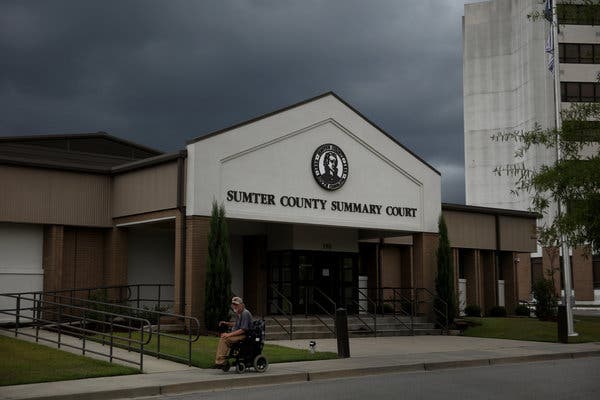The History and Future of Curriculum Transparency in South Carolina

In 1988, after considerable and impassioned debate, the South Carolina General Assembly passed the Comprehensive Health Education Act. This law was a step forward in ensuring that all students across the Palmetto State receive health education that is both age-appropriate and comprehensive. Walking a legislative tightrope, the new statute created a standard to guide their










